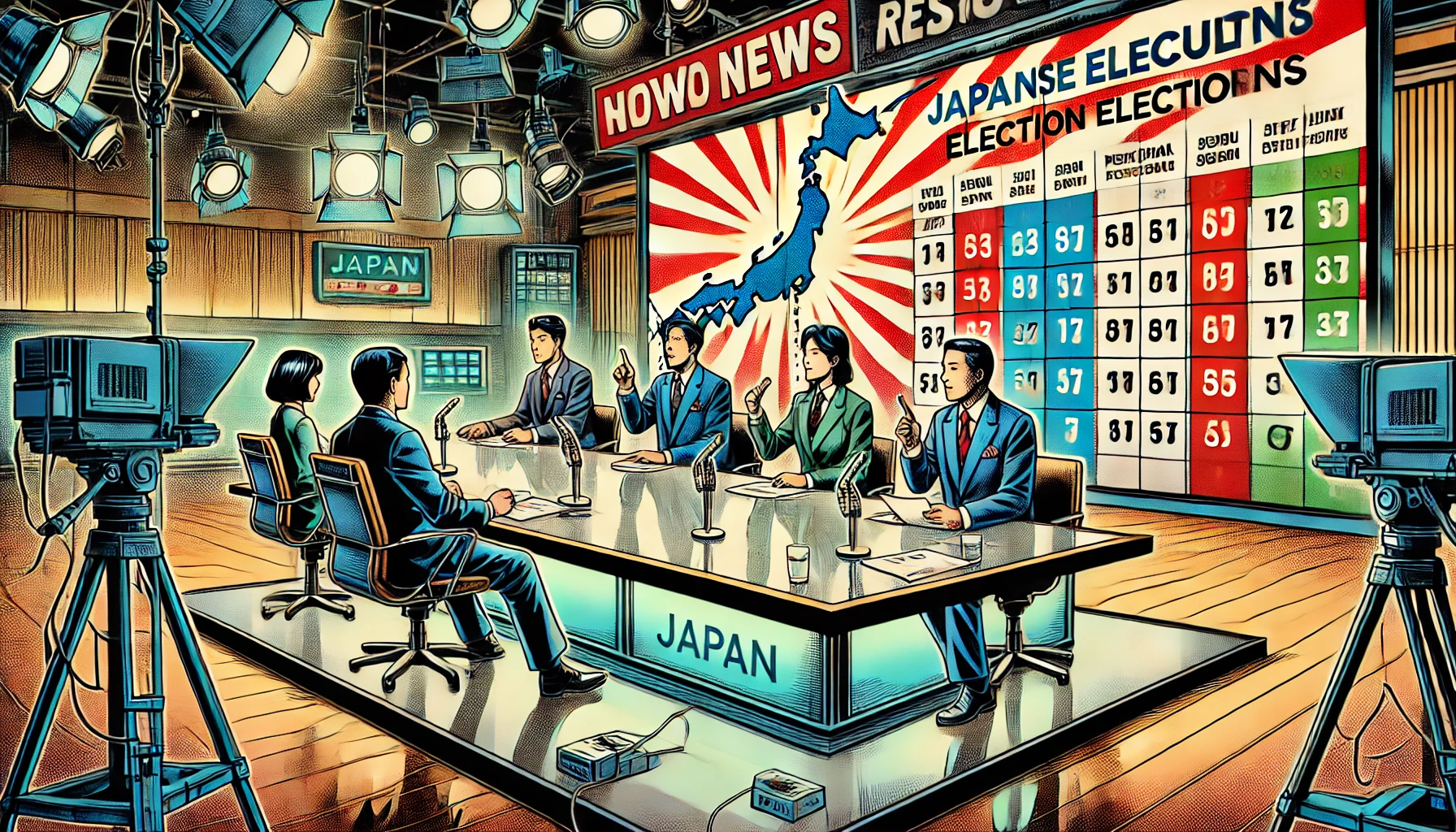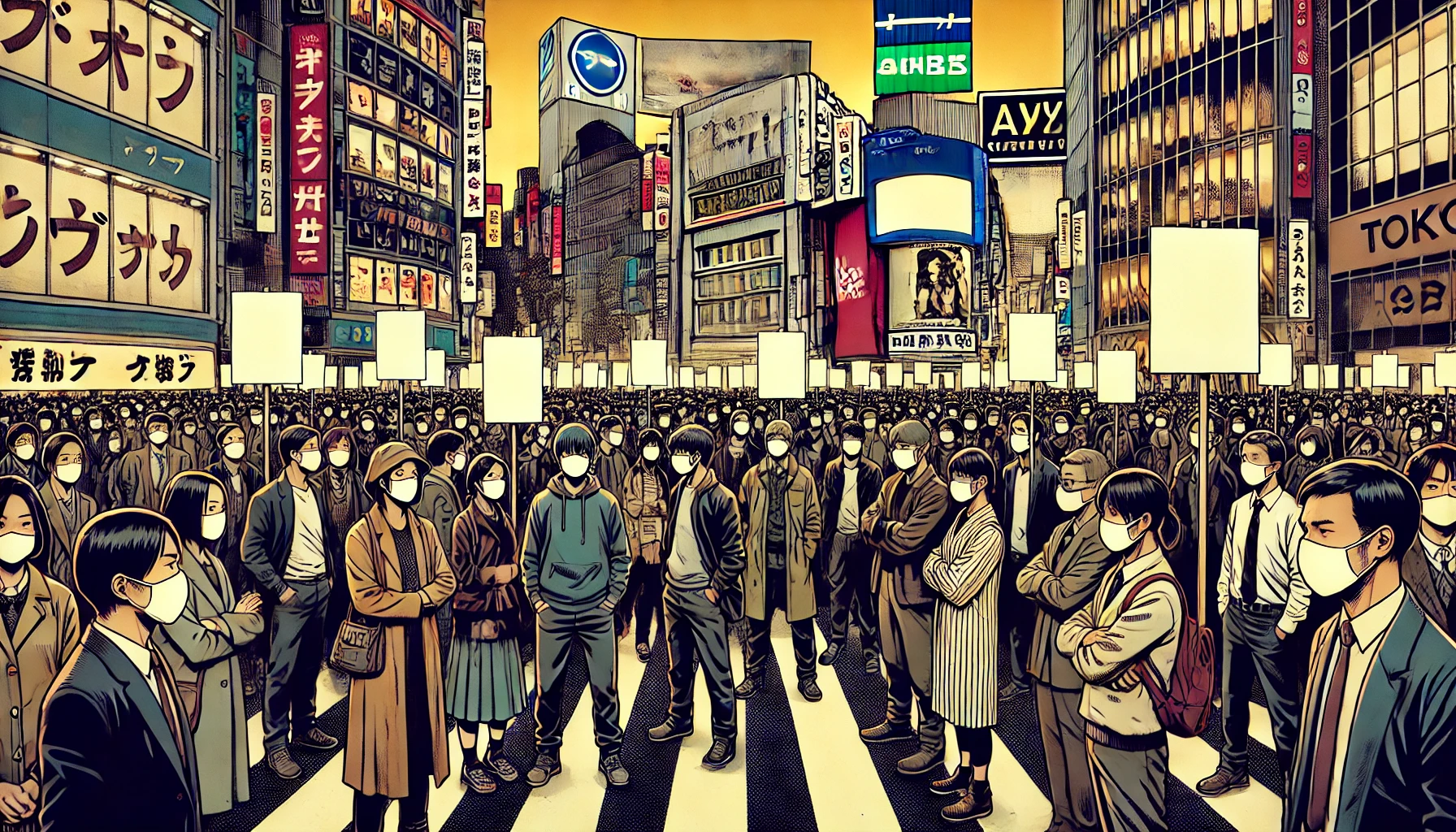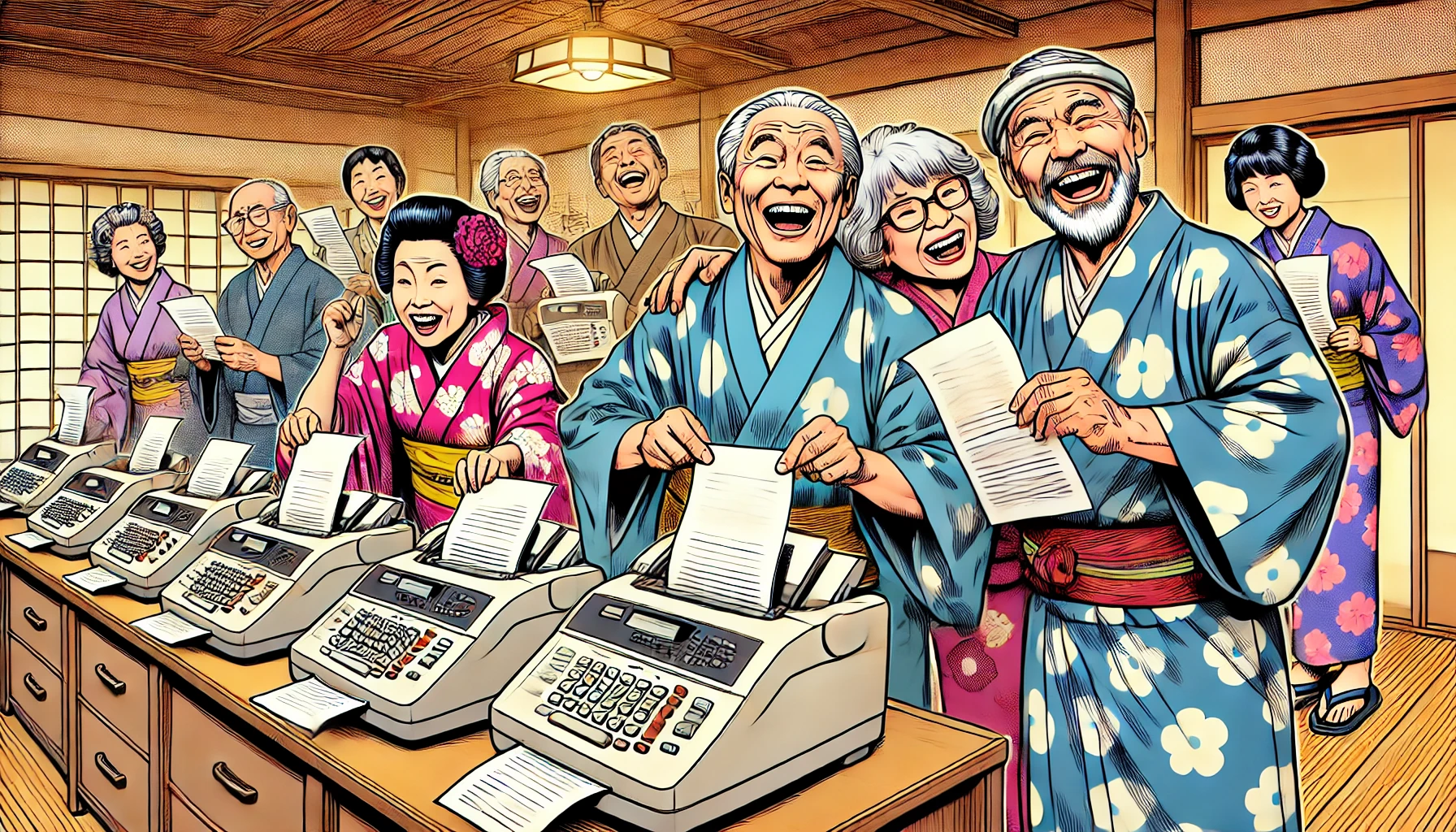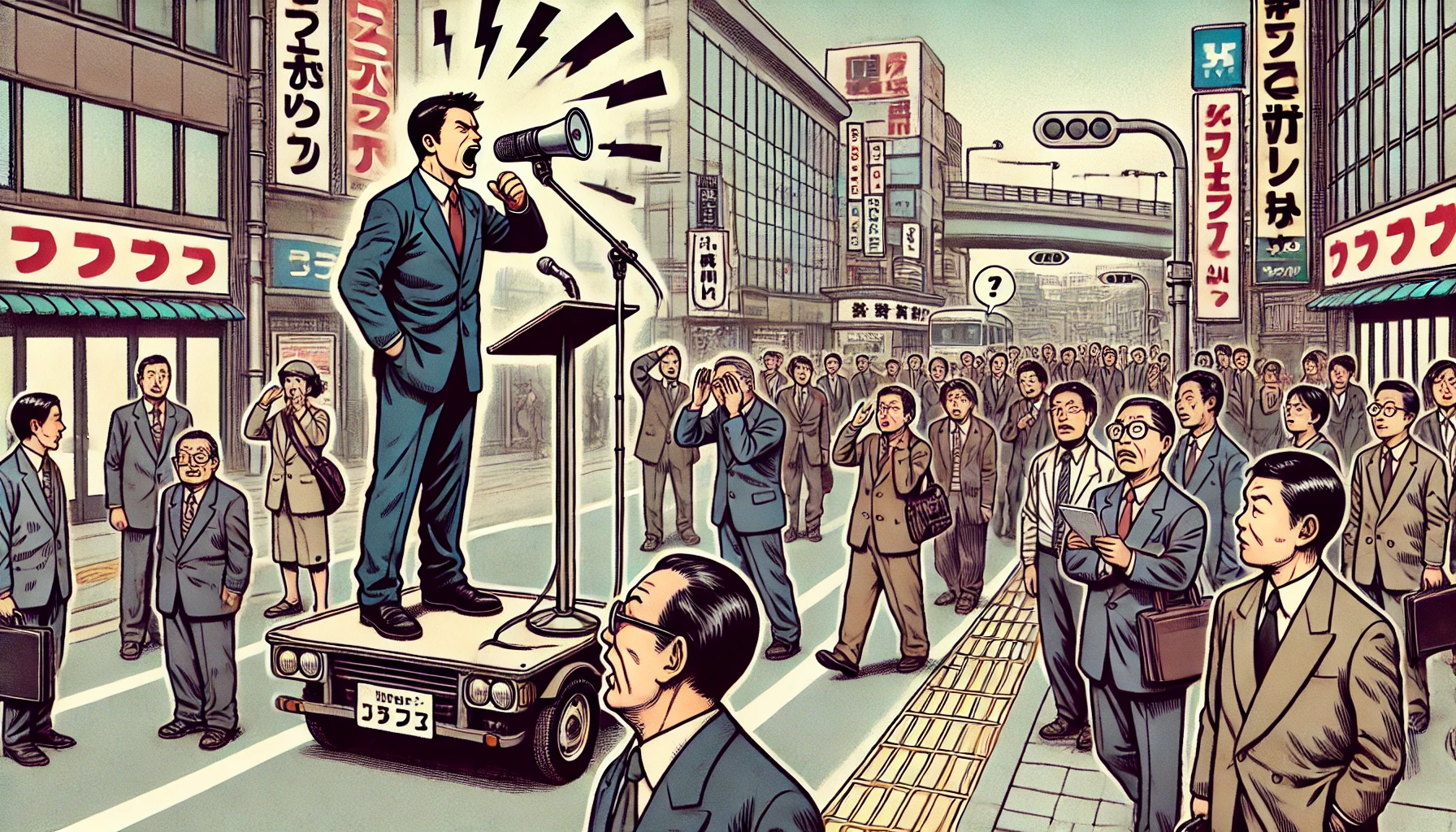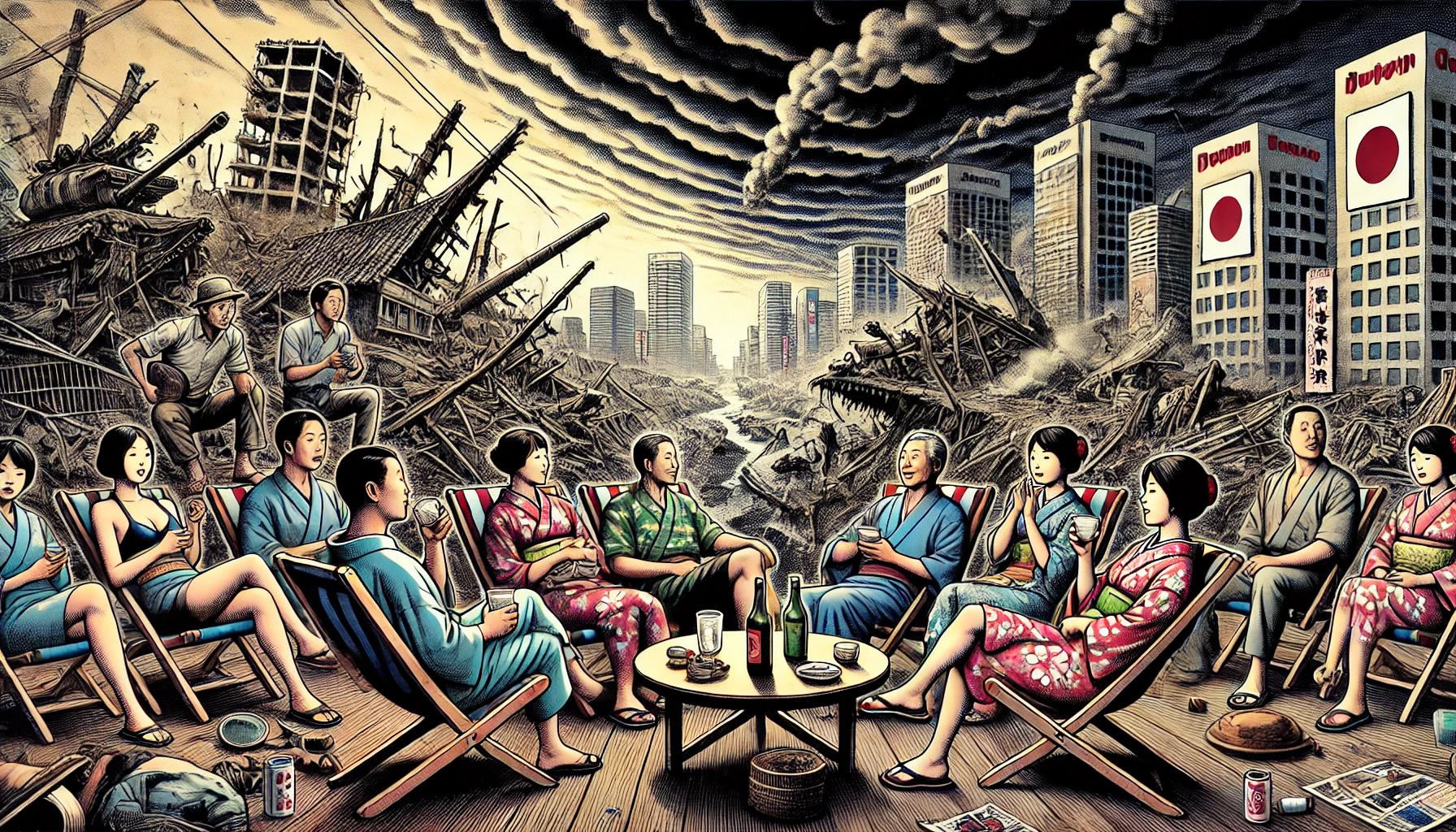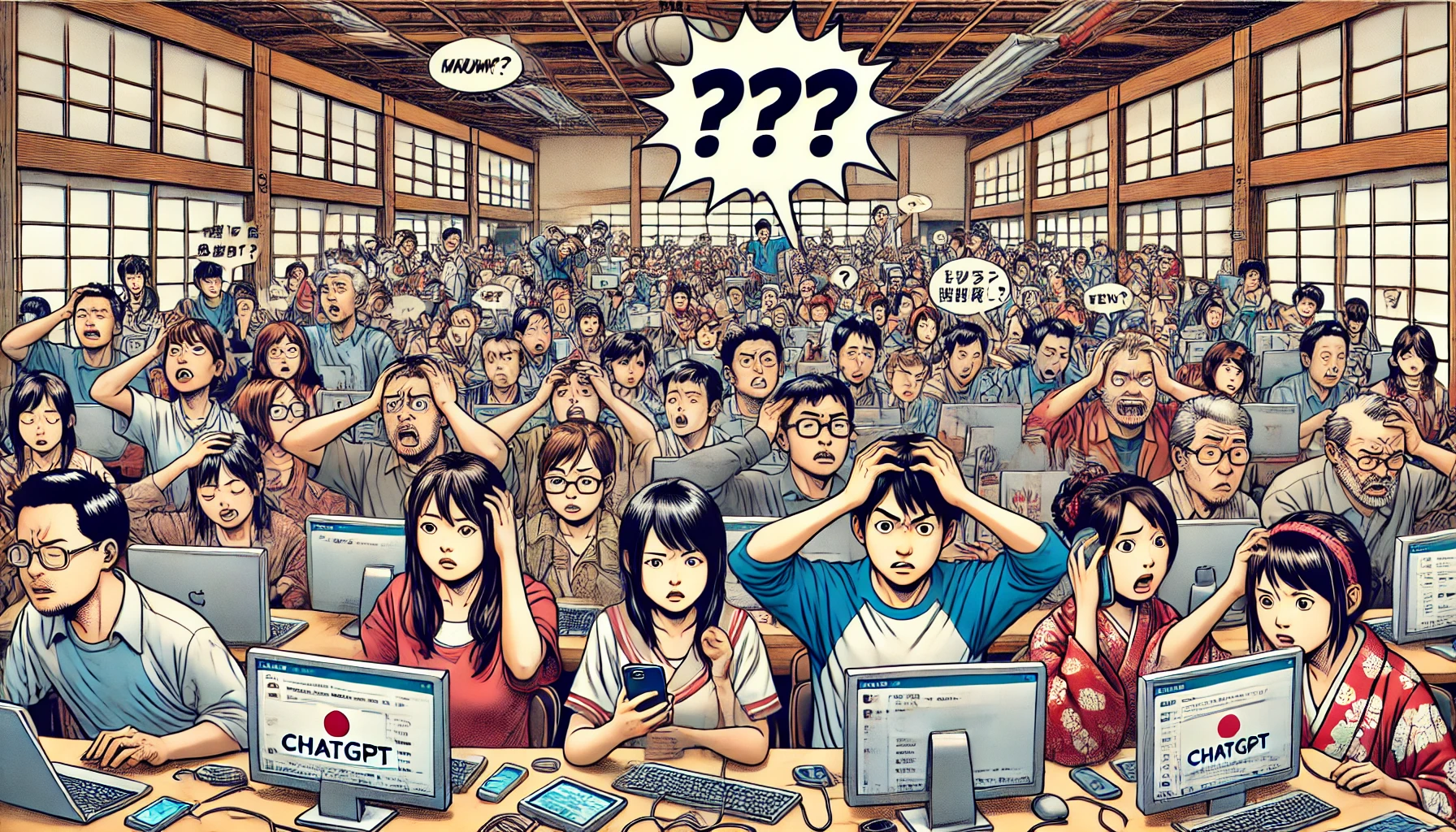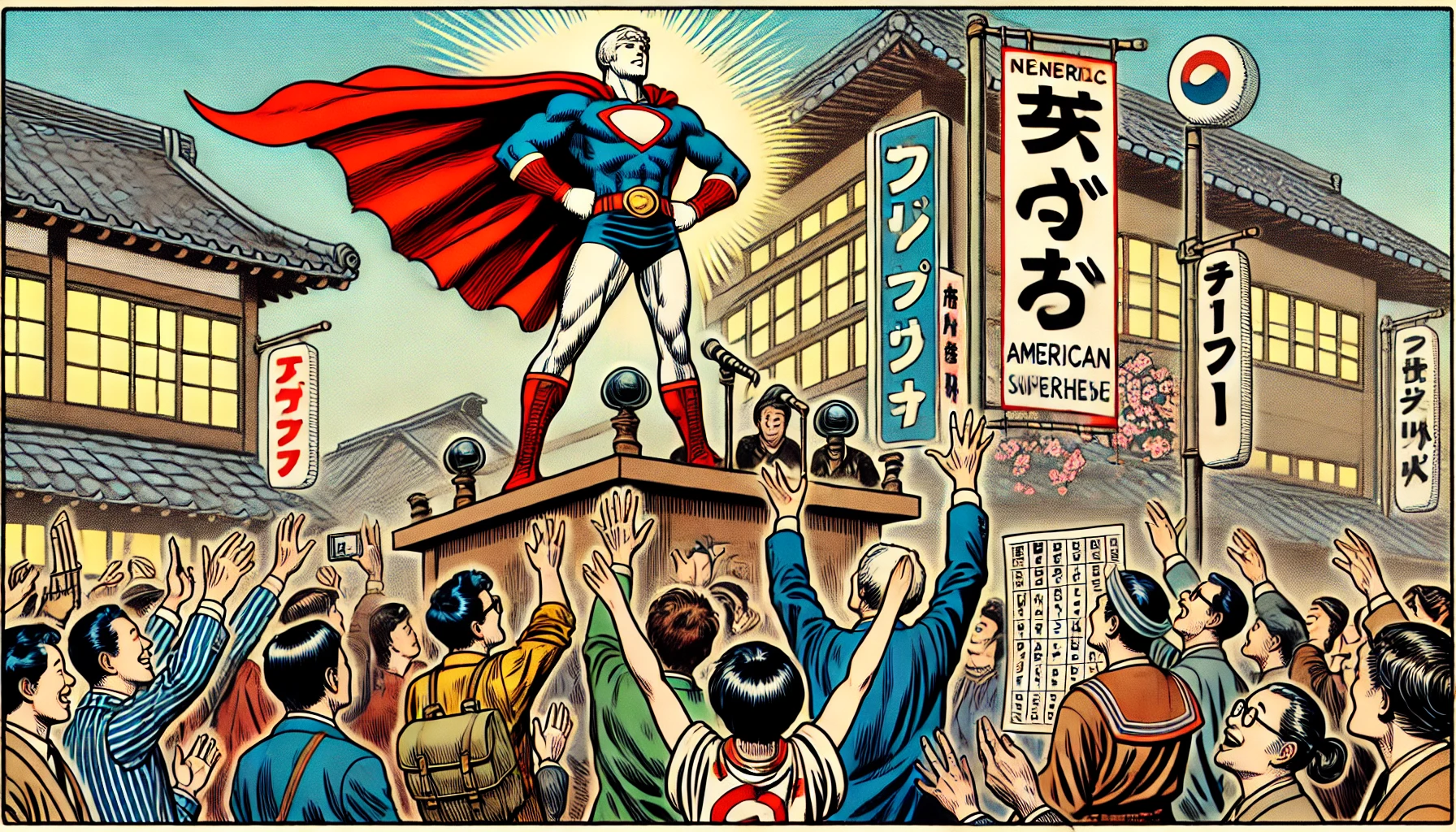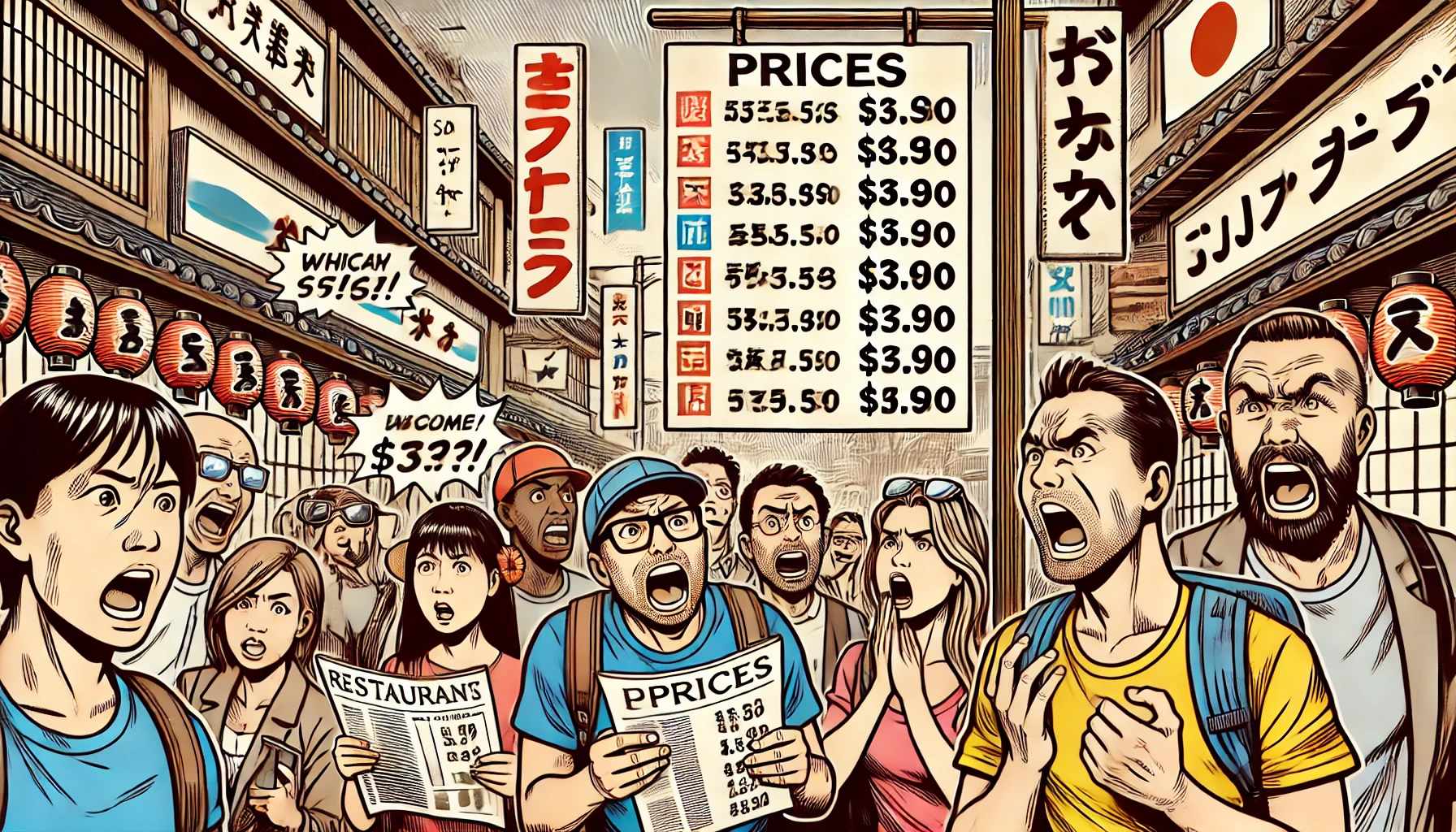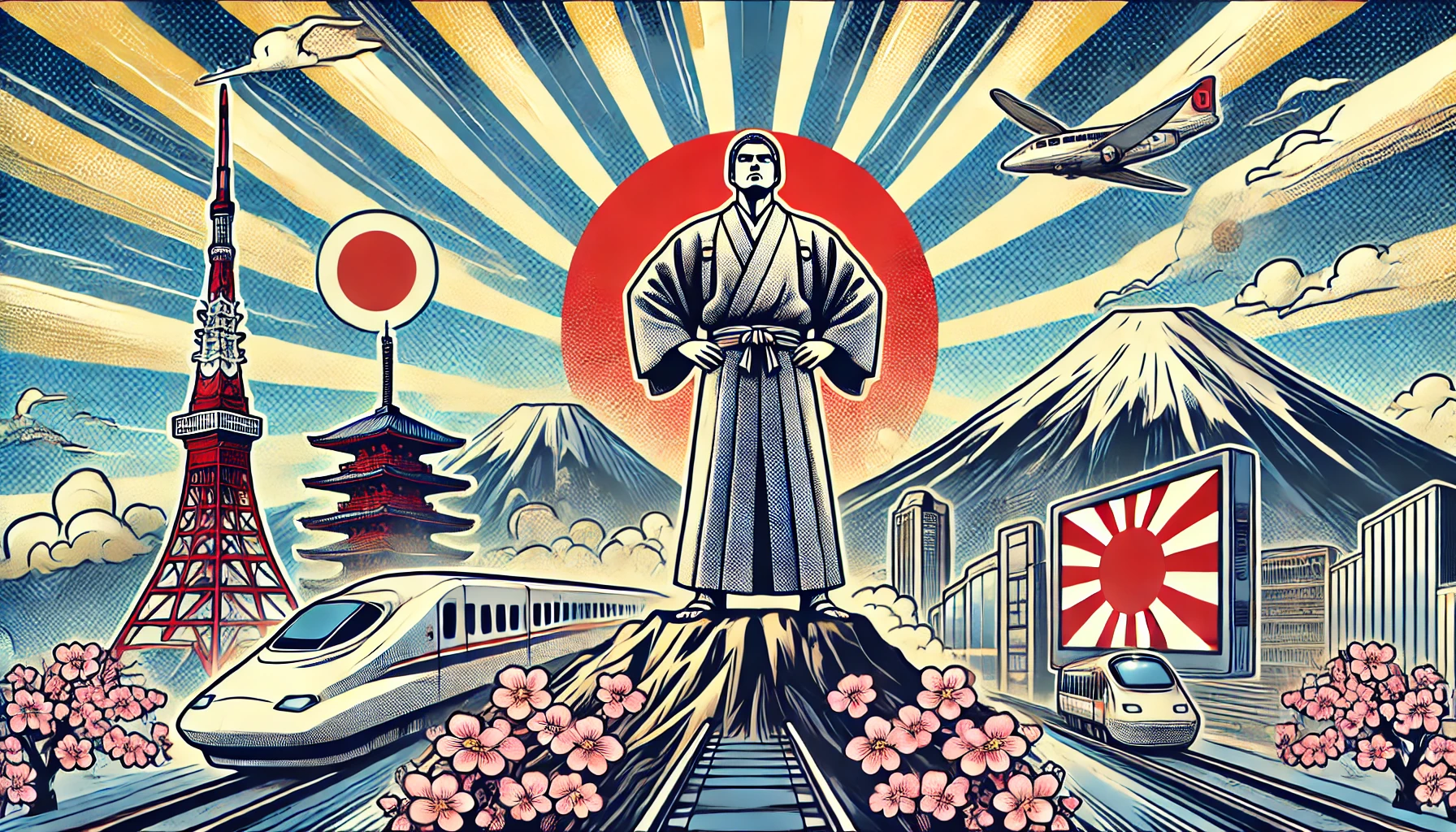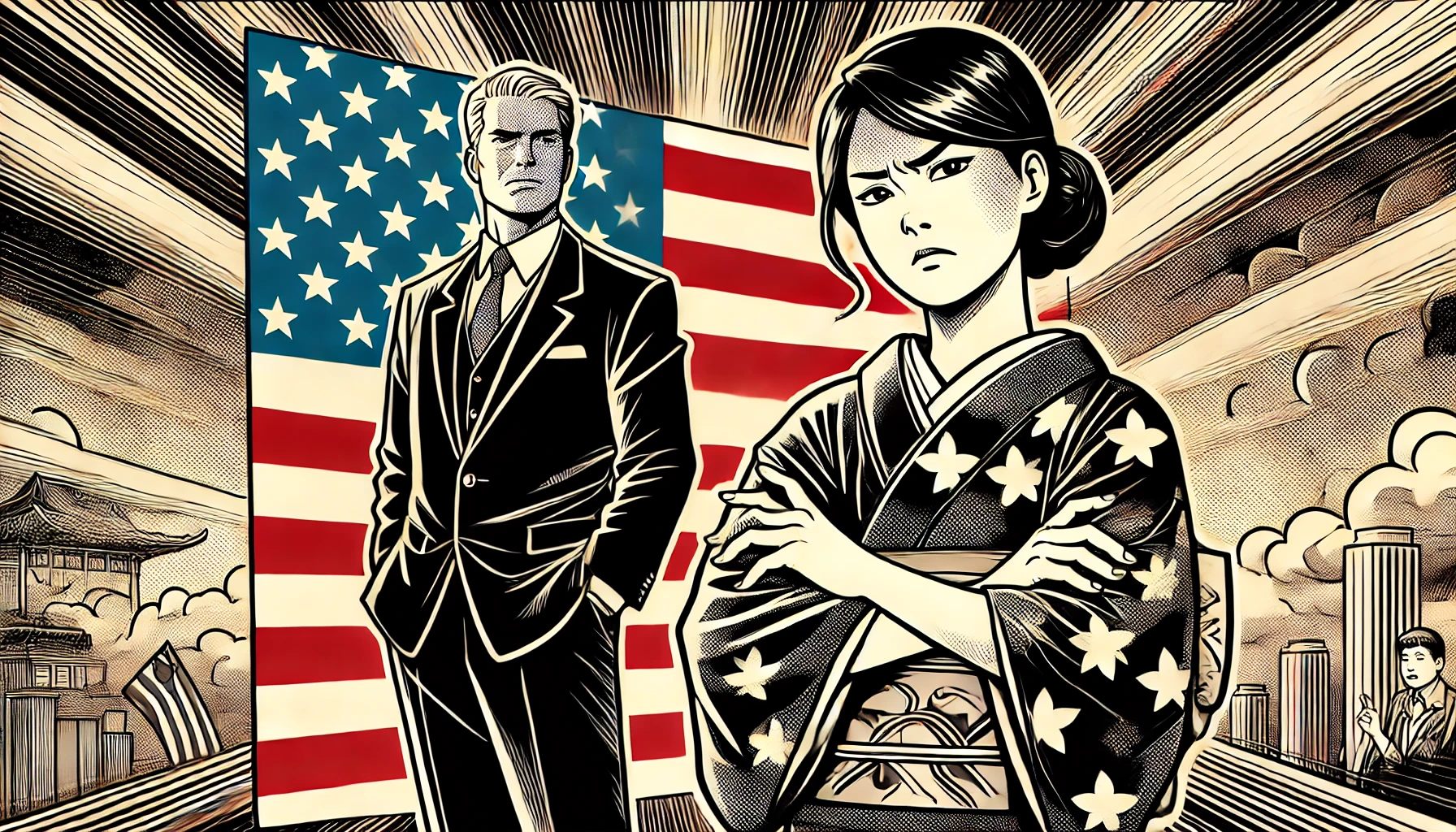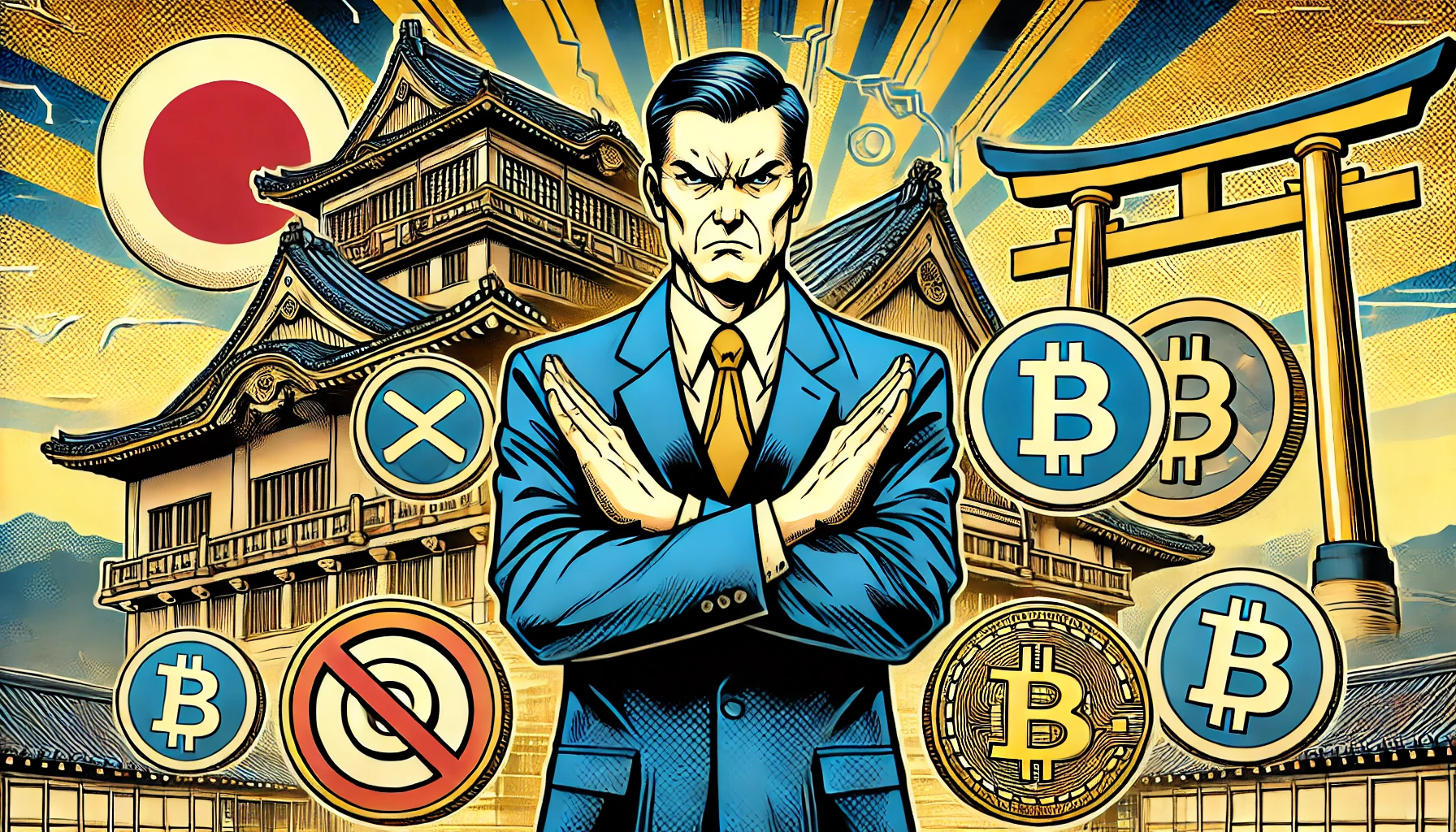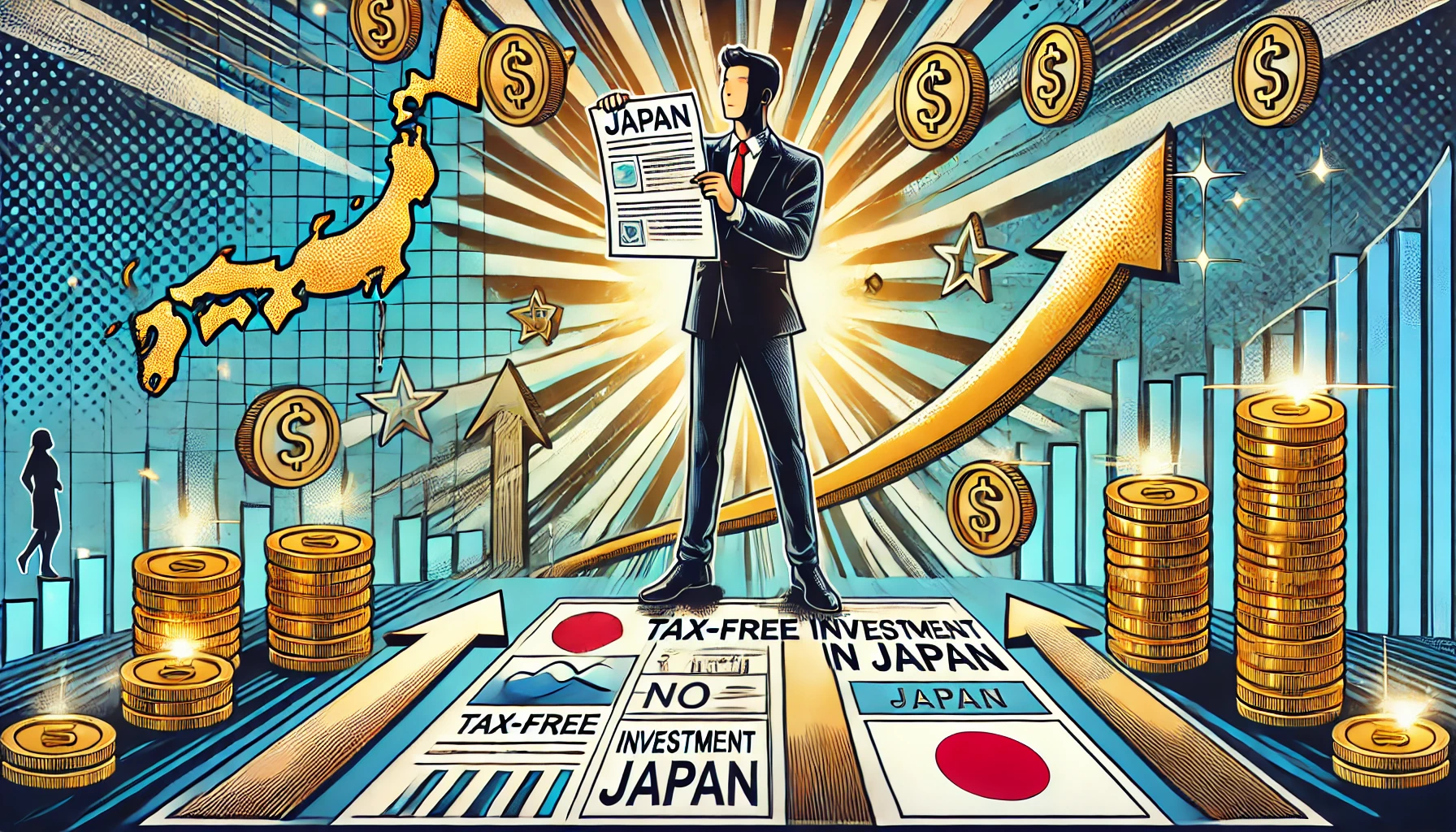
While the “Epstein Files” continue to make headlines across the world, Japan has responded in its own unique way — not with loud protests or political finger-pointing, but with quiet curiosity, critical distance, and underlying discomfort.
In July 2025, the newly released documents — including FBI and Department of Justice records, letters, and internal memos — revealed deeper details about Jeffrey Epstein’s powerful connections, including exchanges with prominent political figures. Though the epicenter remains firmly in the U.S., Japan is not turning a blind eye.
🗾 Japanese Media Coverage: Reserved but Watchful
Japanese media outlets have covered the latest Epstein developments steadily but cautiously. The tone remains measured, focusing on the implications of political entanglement and legal process rather than sensationalism.
Key themes include:
- The potential misuse of power among elites
- The public’s distrust of U.S. institutions
- The broader questions around accountability and justice
Unlike American media, which often leans into scandalous details or partisan framing, Japanese reporting tends to strip stories down to the structural issues — a cultural trait shaped by a general preference for stability over confrontation.
🧠 Public Reactions in Japan: A Mix of Curiosity and Cynicism
The average Japanese viewer may not have a direct emotional stake in the Epstein case, but the topic has sparked significant online conversation and analysis.
Here are some typical sentiments being shared:
1. “The rich always protect the rich.”
Many users on Japanese forums and comment sections have expressed skepticism that any real justice will be served, especially when the people involved are billionaires and politicians. The belief that power shields itself from consequences is not unique to Japan, but it resonates strongly here.
2. “This is American-style chaos again.”
Some view the Epstein scandal as another example of the unpredictability and dysfunction of U.S. politics — a contrast to Japan’s more bureaucratic and controlled governance, for better or worse.
3. “We should watch carefully — these patterns happen everywhere.”
Others have connected the Epstein case to Japanese scandals involving powerful figures and institutional coverups, suggesting that similar dynamics exist domestically, just less visible.
🎭 Political Theater or Turning Point?
An underlying theme in Japan’s Epstein coverage is the idea that this might be less about justice and more about political theater — especially as the documents reference well-known politicians, controversial figures, and public denials.
Some Japanese analysts note:
- Reactions from both the right and left in America are extreme, possibly exaggerating the documents’ content to suit political narratives.
- The case may be used not to protect victims, but to score political points.
There’s a sense that many Japanese people are wondering: Are these revelations leading anywhere real, or is this just part of the show?
💥 Cultural Distance, Global Implications
While the Epstein scandal feels geographically and culturally distant to many in Japan, it still sparks deeper questions about:
- How elites worldwide operate behind closed doors
- How institutions protect power over people
- Whether similar injustices could occur in Japan without the public ever knowing
It’s also sparked renewed interest in survivor advocacy, institutional transparency, and the ethical responsibilities of media. These are increasingly relevant topics as Japanese society becomes more vocal about social justice and accountability.
🚨 What’s Next for Japan’s Engagement?
Though Japan is unlikely to become an active player in the Epstein investigation, engagement will likely continue in the following ways:
- More analytical editorials: Japanese think tanks and academics may explore how the U.S. handles elite scandal vs. how Japan would — or wouldn’t.
- Social media reactions: Hashtags and online commentary will likely resurface with every new document leak or media statement from the U.S.
- Quiet policy reflection: While no one expects Japan to overhaul its legal system based on an American case, the scandal might influence how Japanese institutions think about crisis transparency and victim protection.
💬 Final Thoughts
Japan’s perspective on the Epstein Files is a fascinating mix of detachment and resonance.
🔹 Detached, because the scandal centers on another country’s politics and celebrities.
🔹 Resonant, because the themes — corruption, protection of the elite, institutional decay — are painfully universal.
In a society that prizes order and discretion, the Epstein revelations act like a mirror, reflecting uncomfortable truths that many would rather keep hidden. And yet, people are watching. Closely. Quietly. Critically.

